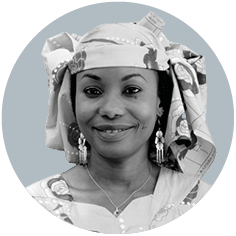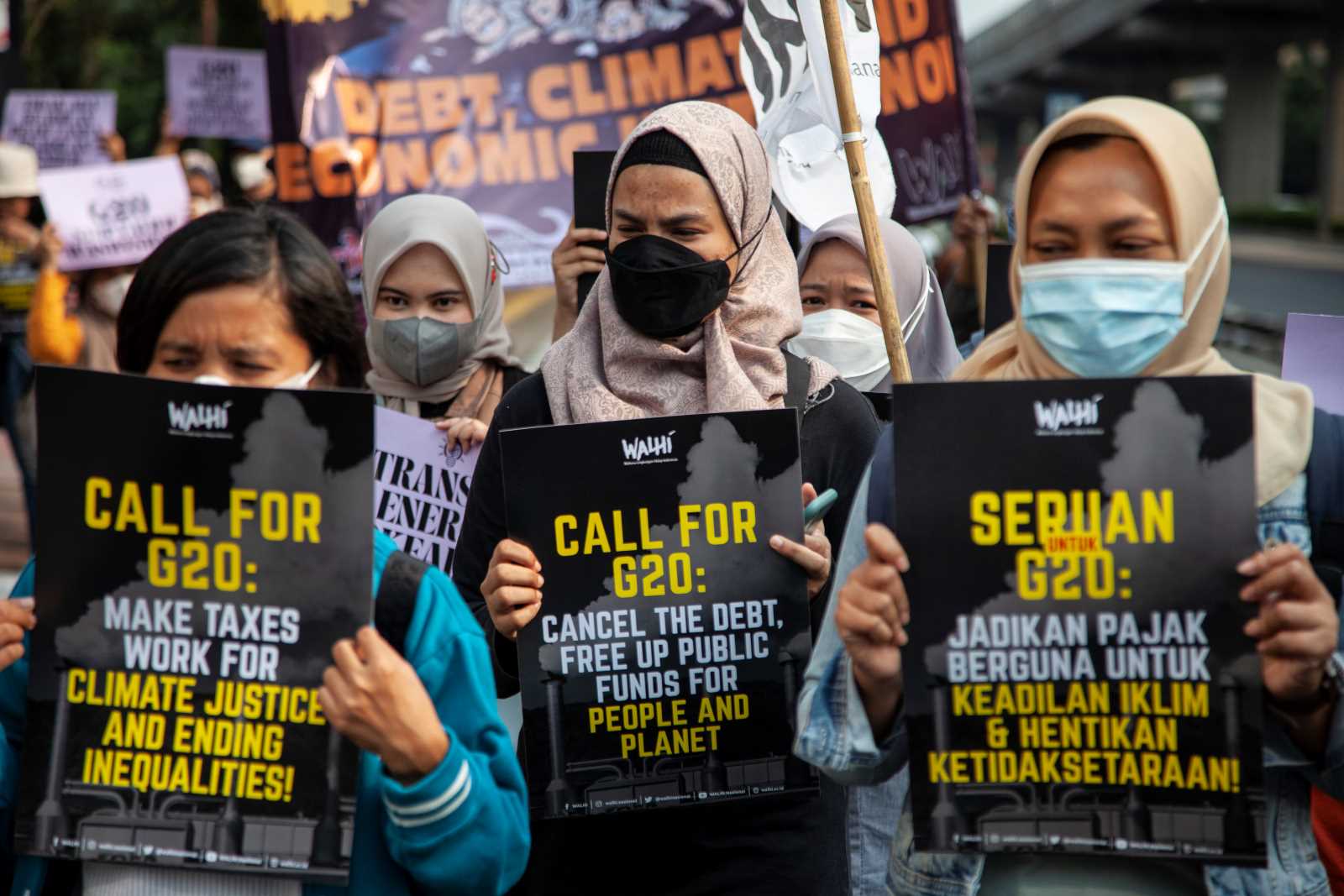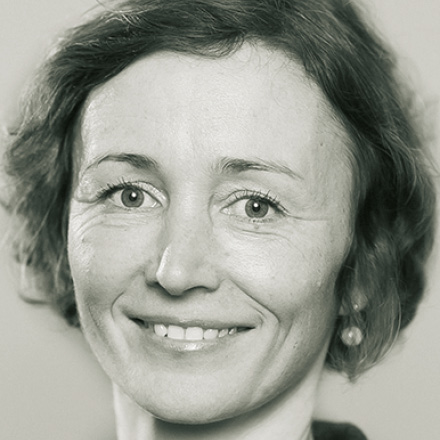Our View
Exclusively digital future for D+C as print issues end

Phasing out the print issues makes sense for several reasons. Online distribution is fast, affordable, reliable and comparatively environment-friendly. Even airmail services can be excruciatingly slow. It may take three months for D+C/E+Z to be delivered in an international hub like Nairobi. Some D+C/E+Z copies get lost in the mail. Our carbon footprint will become much smaller, and our paper demand will be reduced almost completely.
And yet I feel sad. I personally am not very fond of reading online. Indeed, empirical research shows that it tends to be more superficial. Hyperlinks, advertising, message notifications and other internet-inherent distractions make it more difficult to focus. Reading on paper may also be less demanding physically, as staring into a screen on a desk on or a small phone often becomes uncomfortable rather fast.
What bothers me as a journalist, moreover, is that we must increasingly cater to algorithms instead of only facilitating easy reading by human beings. Search engines – and especially Google – increasingly force our profession to use the popular buzzwords they reward. Doing so boosts journalists’ outreach, though it may not serve our reasoning. Some commonly used terms are problematic. “Global south”, for example, suggests that all countries that suffered under colonialism are now cooperating in a sense of solidarity. That narrative suits China’s diplomats. However, the People’s Republic often proves to be a very difficult partner, for example, when it comes to debt relief for an African or South Asian country.
We print journalists used to pay close attention to the ideological connotations of a term. Today, we all are pressed to use the jargon that search engines recognise. As our regular readers, you will probably have noticed that we are doing our best not to give in to that growing pressure too much. Sloppy wording, after all, is incompatible with our mandate, which is to facilitate serious international debate with the means of independent journalism.
As the long-term readers among you will also know, we have been improving our digital outreach continuously in the past two decades.
- We relaunched our website www.dandc.eu three times.
- We started to publish fresh content daily 15 years ago.
- We also built a presence on social media platforms.
- We have only recently relaunched our newsletter once again.
- We introduced our Digital Monthly, a PDF with the same layout as the print issue, but 50 % more content, in 2015.
- We have recently launched a new WhatsApp channel.
We thus offer a broad range of options for you to follow what we do. In the future, I recommend switching from the print issue to the Digital Monthly, which anyone can download free of charge from www.dandc.eu. I know from experience that it allows for a similar sense of deep reading as printed products do. Indeed, my personal approach to online media includes subscribing to e-paper versions of my favourite daily papers and reading them offline, if possible, and preferably snuggled up comfortably on a couch. Our Digital Monthly, moreover, can easily be stored and read offline, which should prove useful in places where Internet connectivity is still shaky. The PDF can also be forwarded to other people. Intelligence services find it harder to monitor a short download than to take note of users who spend a long time on any specific website. That matters in places where governments limit free media.
We will further improve our digital outreach, but our mandate will stay the same. Our job is to foster debate on how to achieve the UN’s Sustainable Development Goals internationally. We hope you will keep reading our content, and we will do our best to make it easy for you.
Please help us to modernise our digital outreach in ways that suit your needs. It will take you five to ten minutes. We are currently running an anonymous online survey regarding our users’ preferences. Please do take part – go to:
https://faz-bm.limesurvey.net/284583?lang=en
Hans Dembowski is editor-in-chief of D+C Development and Cooperation / E+Z Entwicklung und Zusammenarbeit.
euz.editor@dandc.eu
Follow us on social media:















